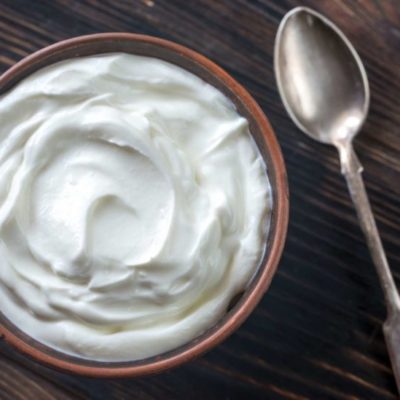People with muscle dysmorphia can also get physical injuries from their exercise or develop health complications down the road.
In the era of social media, where hashtags like #fitness and #gym dominate our feeds, a darker narrative unfolds beneath the surface—one that transcends mere physical appearance and delves into the complex realm of mental health. Behind the glossy façade of fad diets and trendy workout routines, a silent crisis looms, particularly among young teen boys aspiring to emulate their favorite superheroes.
Enter the realm of Muscle Dysmorphic Disorder (MDD), an insidious mental health condition characterized by an obsessive preoccupation with perceived flaws and an unrelenting desire for a more muscular physique. Rilla Lodge, a seasoned Registered Dietitian and Counselor at the Regional Eating Disorders Clinic, sheds light on this often-overlooked issue: “Specifically with bigorexia or muscle dysmorphia disorder, someone is obsessed with the idea that their body isn’t big enough or needs more muscle.”
What makes Muscle Dysmorphia particularly elusive is its ability to hide behind a façade of apparent physical health. Individuals grappling with this disorder may present themselves as peak fitness enthusiasts, seemingly immune to health concerns. However, beneath the surface, a storm of mental health challenges brews—symptoms such as depression, anxiety, and Obsessive-Compulsive Disorder (OCD) can manifest. Moreover, the relentless pursuit of a more muscular physique can lead to physical injuries and long-term health complications.
“The challenging thing about identifying something like muscle dysmorphic disorder is that people are often living with this in secrecy,” warns Lodge. “It’s not often obvious to those outside looking in to see that someone’s struggling.” What may appear to be a commitment to a healthy lifestyle could be concealing a deeply rooted internal struggle. Recognizing the signs is crucial, and Lodge emphasizes the importance of reaching out: “If you’re noticing that someone’s healthy lifestyle is starting to maybe interfere with their life or you’re feeling like it’s becoming an obsession, ask, reach out, offer support, and encourage someone to seek help.”
Muscle Dysmorphic Disorder, often imperceptible to the casual observer, can manifest in various ways. Those affected may display an intense preoccupation with frequenting the gym to the detriment of their work and personal life. A fixation on food and dieting may also become a focal point, further isolating individuals from the joys of life.
If you suspect that you or someone you know is grappling with Muscle Dysmorphic Disorder, the crucial step is to reach out to a healthcare provider. Early intervention and support can make a significant difference in the trajectory of this disorder, offering a lifeline to those ensnared by the silent crisis within fitness culture.
In conclusion, as society navigates the realms of wellness and self-improvement, it is imperative to recognize the nuanced challenges that lie beneath the surface. By dispelling the silence surrounding Muscle Dysmorphic Disorder, we can foster a culture of understanding, empathy, and support, ultimately dismantling the stigma associated with mental health within the fitness community.









